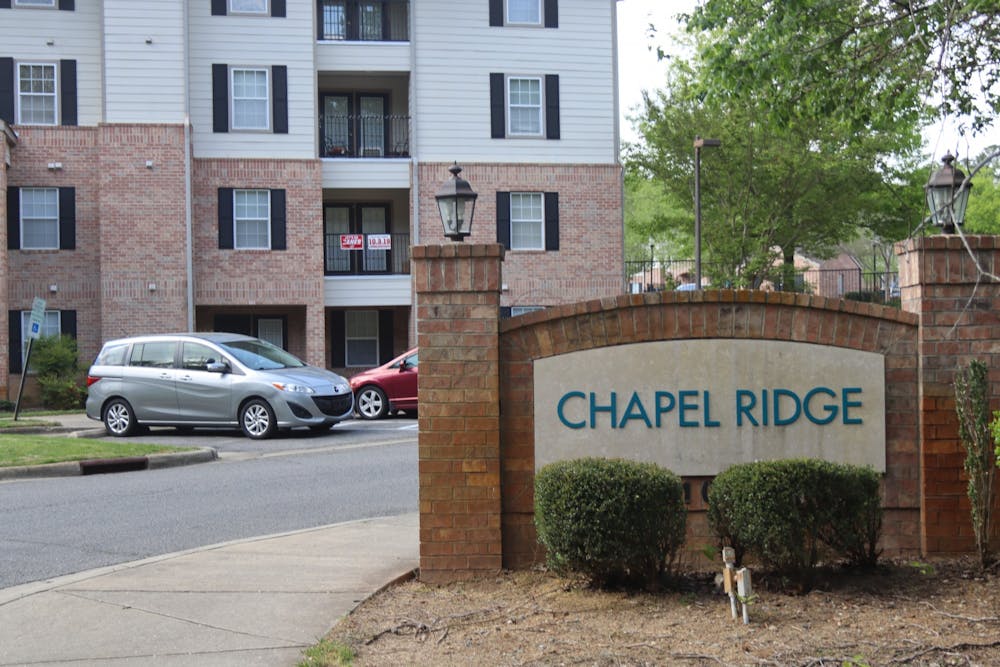Some UNC students who live in off-campus rentals are now trying to find ways to renegotiate their leases due to the economic impact of COVID-19 and the University’s switch to remote learning.
Tenants in North Carolina are protected from eviction until April 17 because of COVID-19, but that date may change, according to the North Carolina Justice Center. Tristan Routh, a staff attorney for Carolina Student Legal Services, said despite being protected from eviction now, tenants will still be responsible for the back pay when the courts open back up to process evictions.
“The landlord might not file for eviction, but they could still file a court action for the past due rent,” Routh said. “And the statute of limitations, meaning the time limit the landlord has to file that kind of action for the money part, is three years from when you breached the contract.”
Jane Bailey, a sophomore environmental sciences major at UNC, said she and her roommate Quinn Deutschendorf, a Durham Tech student, have been struggling to renegotiate their $800 rent with their landlord. Deutschendorf said everything started when their landlord sent a message around the time the pandemic began asking tenants to provide a spare set of keys for their units if they were leaving Chapel Hill.
Deutschendorf said their landlord made it clear that they were not offering any cancellation of leases under any circumstance due to COVID-19. He said the landlord informed them that the rent was still due and that the only option to terminate their lease was to sublet the apartment.
“The situation is pretty awful for college students,” Bailey said. “If your budget is specific to your situation, and then all of a sudden everything is all thrown out of whack.”
Bailey said the pandemic has affected their budget and household income, partially because Bailey was unable to continue her work-study job remotely. Bailey said paying a full rent in addition to getting the resources they needed for online courses would cause them to overextend their budget.
“And then you have to account for a lot of the extra things,” Bailey said. “The only way it was going to be economically feasible to take these online classes would be to move back in with my parents.”
Bailey said when she reached out to her landlord on Wednesday to see if it would be possible to prorate her summer rent, she was informed that the complex would be raising rent after the lease period ends on May 31. She said she and her roommate would be finding a new place to live for the next semester.




